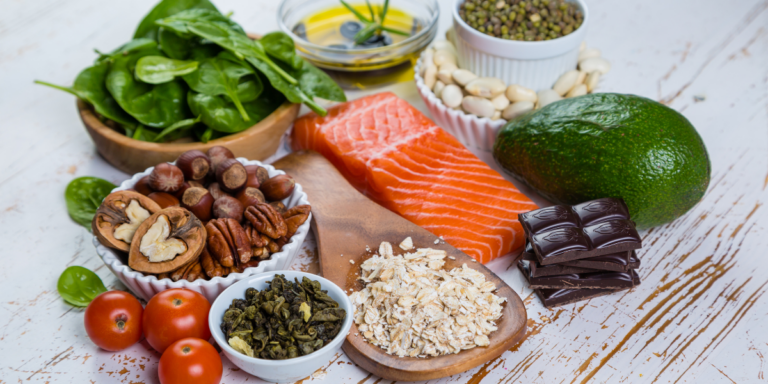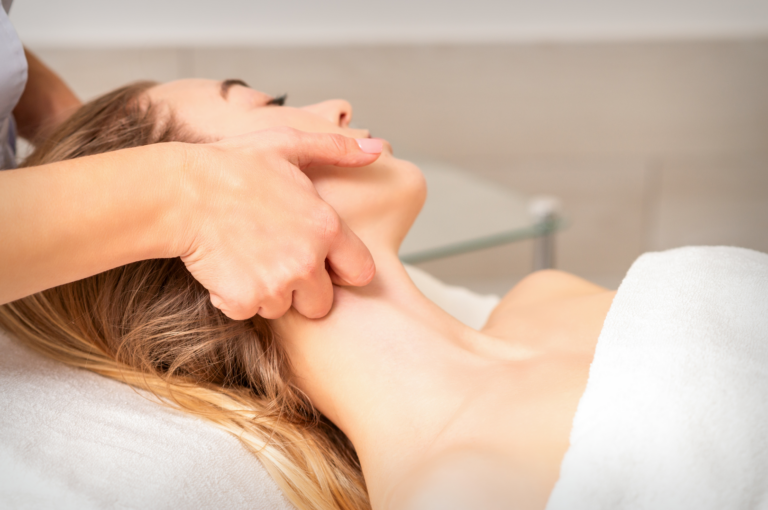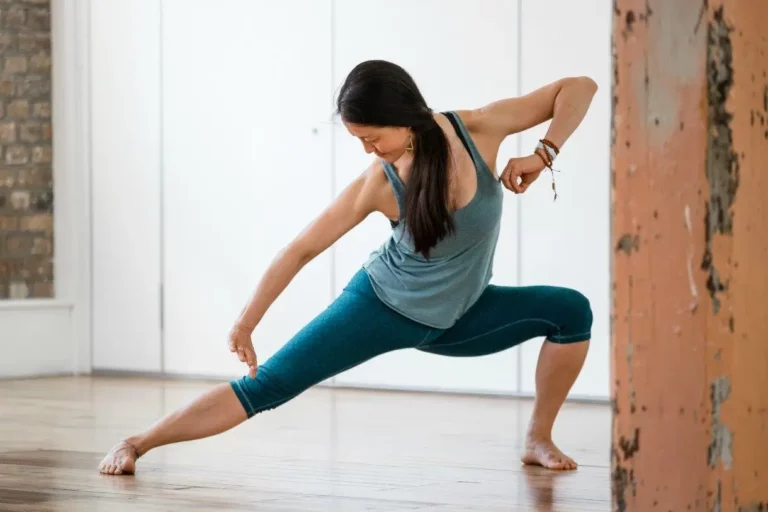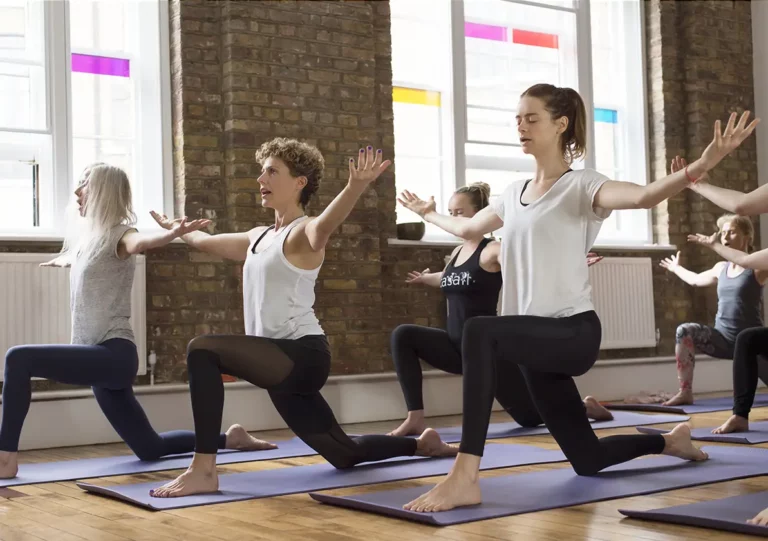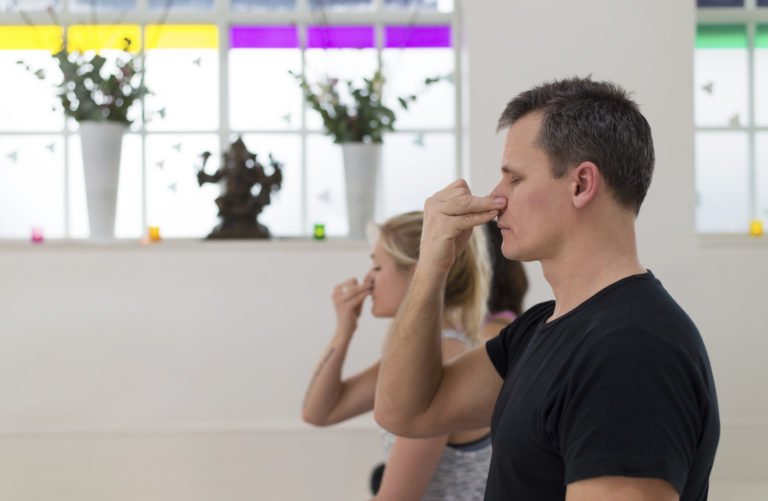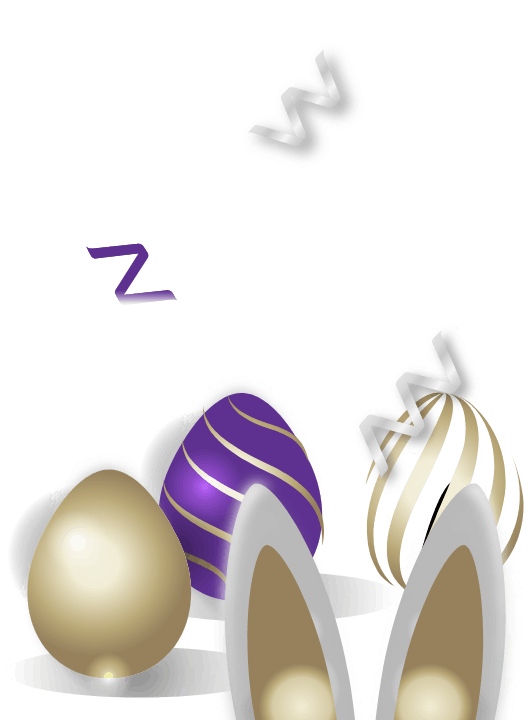During these times, health and immunity have taken centre stage and the need for a collective definition is becoming apparent. Ayurvedic practitioner Maxine Shorto shares her take on health as seen through the lens of Ayurveda, the traditional Hindu system of medicine which is based on the idea of balance in bodily systems and uses diet, herbal treatment and yogic breathing.
How do you define health? What are the true roots of illness? Is a collective understanding possible in this divided world? Maxine has us all pondering these days.
I recently watched a talk given by Kelly Brogan, author and holistic psychiatrist about the concept of community and its relationships to immunity. One of the questions she asked which I believe to be an important one is “If we are going to submit ourselves to public health mandates then we should probably have an agreement on what health is because we are starting at that level of fracture in the collective understanding of what it is that we are dealing with.”
The question resonated with me, and made me think about health from the perspective of Ayurveda. As we face the enormity of the intellectual divide between those that think of immunity as being our native expression of health, something that we are responsible for and those that see it as something that requires medical intervention we are called to collectively define health.
Swasthya, the ayurvedic concept of health
In Ayurveda the word swasthya is the Sanskrit term for health, and it translates as being rooted in the self. The sloka (couplet of Sanskrit verse) that best describes this experience is the one that says to stay in health all the doshas (the three energies that define every person’s makeup) must be in equilibrium, the digestive fire must be in a balanced state and the bodily tissues and waste must function normally, the sensory, and motor organs and mind must also be in a pleasant state.
Ayurveda gives us the blueprint with which to find our way to health, it is not one rule fits all, it is about knowing one’s unique nature, one’s body, and tuning into it.
Usually this involves calming whatever has become aggravated, clearing what has become stagnant, and rejuvenating what has become intoxicated. It is inner work, and a process that links the physical body to the subtle body, the mind to the senses and the heart.
We know in this age of information and stimulation that our focus is on the external and very little is left for the internal. So we know a lot about a lot of things, our minds are expanding with knowledge and immediate access to it, but do we know a lot about ourselves? And could this endless quest for updating our mental database be getting in the way of looking within? We know that stress is to blame for most chronic diseases in the western world, and the consequent inflammation that it creates in the body. We also know that most of our stress is psychological in origin.
What causes illness?
Caroline Myss in her book “The Creation of Health” talks about the eight dysfunctional patterns that are present in the case histories of those that become ill:
- Unresolved emotional/psychological stress
- Negative belief patterns
- Inability to give and receive love
- Lack of humour and an inability to distinguish serious concerns from the lesser concerns of life
- Not holding dominion over choice
- Absence of meaning in one’s life
- Destructive physical habits
- Denial and an inability to face life’s challenges
So much of our lives seem beyond our control, and sickness is another experience that affirms this lack of autonomy over our health. But Ayurveda tells us we are the authors of our well being, and if we look within the root cause of our imbalance will become clear. Beyond this awareness of the self what gives us this sense of being rooted in ourselves is belonging and being supported by communities. Sharing common values about health is particularly important at this time given the collective denial of our emotional life that has become synonymous with a world focused on material accumulation.
How we process our grief also determines whether or not we feel rooted or uprooted…
Psychotherapist Francis Weller tells us that grief is a rite of passage, that we need to surrender to it if we are to find our core self. “Grief is powerful solvent capable of softening the hardest places in our hearts. When we can truly weep for ourselves and these places of shame we have invited the first soothing waters of healing to wash through our souls.” Somehow we have lost the words and the rituals to honour this process meaningfully and communally, and this I would say is at the heart of our disease. Becoming rooted in the self forces us to undo the conditioning that sorrow is something to avoid and emotions are things to suppress. Grief like sickness is a journey into the shadow self, it is a place of darkness, where we must develop other ways of knowing, where we must learn to listen to our intuition, we must learn to see in the dark. Confronting ourselves in this broken landscape is where we come to know who we are, acknowledging our grief in these moments is the highest form of self-love.
The Sanskrit word dosha translates as weakness, knowing our dosha, or our doshic imbalance is knowing where our bodies and minds can habitually become weak. When we can face our weakness, sorrow, and emptiness we can also live a life of deeper joy, and more expansive freedom, because we are no longer paralysed by fear. We have found the bottom, the roots.
We are not meant to lead shallow lives, defending our hearts with masks of perfection, chasing strategies of avoidance. We need to do this work so that in this climate of social distancing and fear we can reclaim our humanity, and our health. I personally have had my lion’s share of grief and imbalance, and have found many answers in Ayurveda, but the deeper healing comes in the sharing of common values, and common wounds with those that I meet along the way.
If you are interested in learning more about Ayurvedic health, Maxine offers Ayurvedic massage and consultations at triyoga Camden and Chelsea, as well as online consultations. View Maxine’s schedule here.
Maxine is a qualified Ayurvedic massage therapist who has been working with body treatments since 2005. She has completed a three year course to work as an Ayurvedic practitioner at the Ayurvedic Institute in Croydon.


